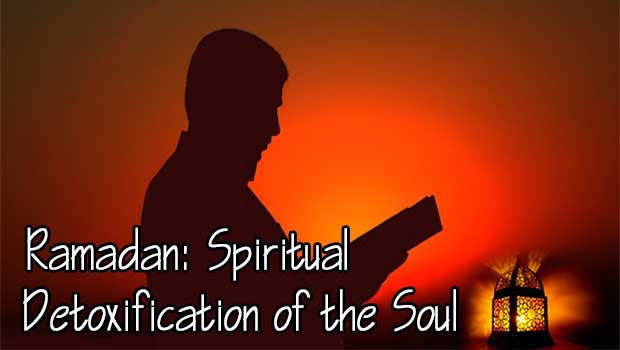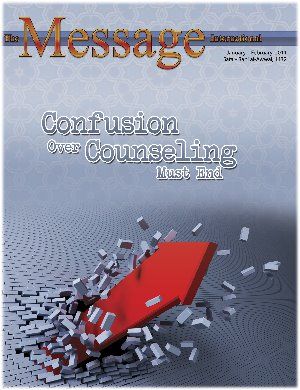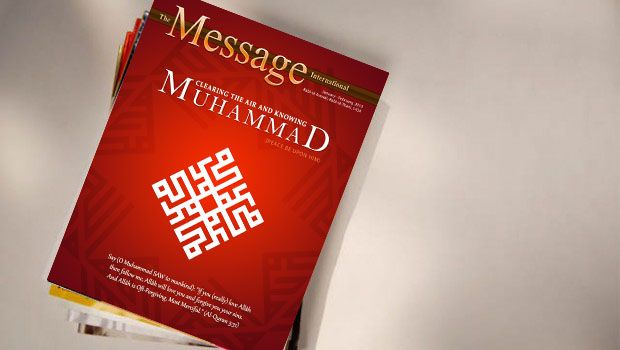The Ummah (world community) of Prophet Muhammad ibn Abdullah (peace be upon him) is invariably heralded as including individuals from every race, ethnicity, and nation on earth. While the 1.7 billion adherents of Islam comprise an unparalleled cultural and linguistic human mosaic, Muslims are nevertheless inextricably bound by certain fundamental beliefs and practices that define the faith. One such universally-accepted article of faith is the annual observance of the 29 or 30-day fast during the month of Ramadan, the ninth month on the Muslim calendar. The requirement for every able-bodied Muslim who is not traveling to refrain from eating or drinking anything during the daylight hours, reconnect to the Quran, increase acts of worship, avoid profane, useless speech and all evil and bad deeds, and increase acts of charity is universally accepted as being mandated in the Quran. The Quran instructs: “Ramadan is the month in which was sent down the Quran as a guide to mankind, also clear [Signs] for guidance and judgment [between right and wrong]. So, every one of you who is present [at his home] during that month should spend it in fasting, but if anyone is ill or on a journey, the prescribed period [should be made up] by days later…” (Quran 2:185).
When people travel throughout the Muslim world during Ramadan, they observe differences in the decorations of masajid, homes, shops, a wide variety of specialty dishes and drinks, and the notifications for the beginning and ending of the daily fast. In Egypt, colorful lanterns, reputedly dating back to the Fatimid Caliphate, adorn the urban landscapes. Drummers walk through neighborhoods rousing people to get up for their pre-fast meal, suhoor, and cannons blast in Cairo to announce the ending of the day’s fast. Variations of these practices can be found in Morocco and other north African countries. In Pakistan, Malaysia, west and east Africa, decorations and fasting period notifications may differ, but the theme of special sweets and drinks like baklava and hibiscus rose petal drinks during Ramadan are commonplace.
Yet, regardless of the cultural practices of Muslims during the month of Ramadan, the essence of this month— self-purification and character building that is sustainable throughout the other eleven months— must never be diminished or obscured. Prophet Muhammad (peace be upon him) has warned that some fasters will only experience thirst and hunger, cut off from any deeper spiritual experience. Unfortunately, lavish iftar (breaking of the fast) meals and eating until dawn are far too commonplace. How can a faster be reminded of the daily plight of the poor when, consciously or subconsciously, he attempts to eliminate hunger pains through over-indulgence before and after fasting? The everyday Prophetic example of Muhammad (peace be upon him) was to eat enough to sustain his health, that is to fill the stomach one third with food, one third with water, and leave one third for ease of breathing. This daily eating regimen of Prophet Muhammad (peace be upon him) is to be emulated, making it more egregious for fasters to over-indulge to the point of gluttony, especially during the sacred month of Ramadan.
Sleeping during the daylight hours also negates the positive challenges and benefits of fasting. The daylight hours of fasting are to be used to practice constructive character traits and to eliminate negative ones. Yet, sleeping during the hours of fasting is an act of laziness and indulgence, the opposite of an Allah-fearing personality. Ramadan is not the time for a daily hibernation from the service of Allah. Some of the most profound events in the history of Islam, such as the battle of Badr and the conquest of Makkah, and the recapture of Jerusalem from the Crusaders by Salahudeen Ayyubi, occurred during this glorious month of character building and self-discipline.
The month of Ramadan is an annual gift from our Creator to the Ummah of Prophet Muhammad, a wonderful opportunity to purify ourselves through sustainable character development, self-restraint and discipline, and acts of charity and goodness. Displays of laziness, over-indulgence, or selfishness are unacceptable character defects for Muslims throughout the year, but especially repugnant during the month of Ramadan. Ramadan is that glorious time of the year for the spiritual detoxification of our souls. By the Grace of Allah, relief efforts of Muslim organizations, during the month of Ramadan and throughout the year, are helping to address the material needs of the homeless, hungry, and neglected. One such organization is Helping Hand for Relief and Development. Based in the United States with relief efforts throughout the world, HHRD helps those in need throughout South Asia, Africa, the Caribbean, and Latin America, with the valuable help of donors. ICNA Relief performs a similar charitable function in the United States and its territories such as Puerto Rico and the U.S. Virgin Islands. HHRD and ICNA Relief represent a Muslim collective response to meeting the requirements of the needy. Let us continue the process of self-purification during the month of Ramadan and beyond by supporting these efforts and doing what we are personally capable of doing.






